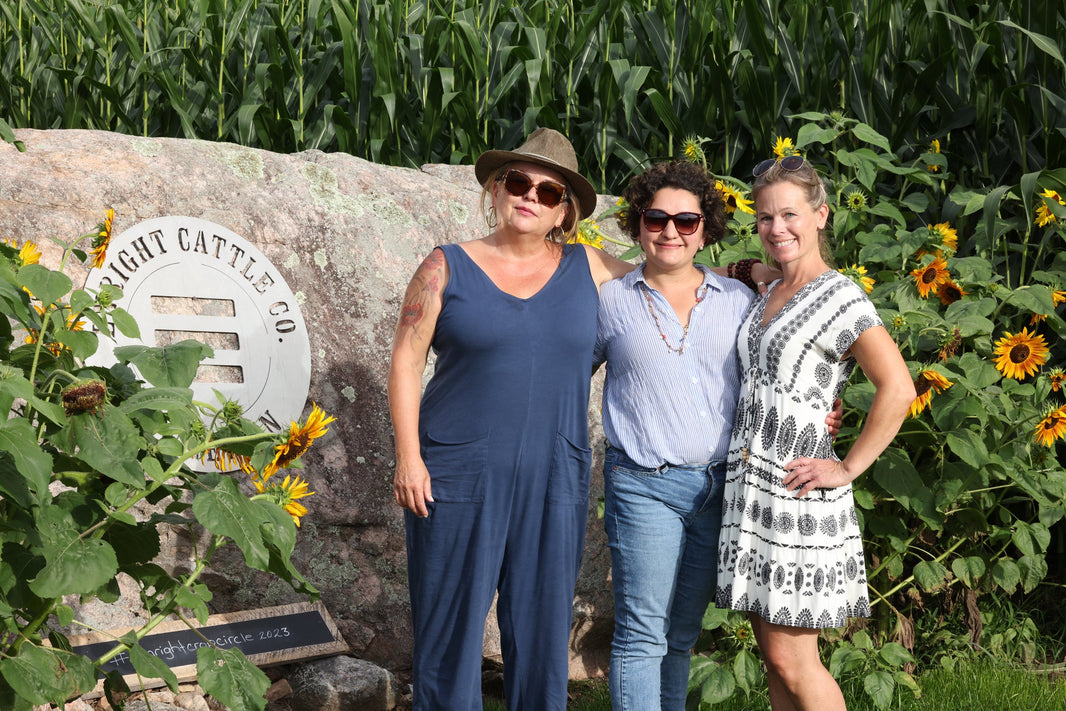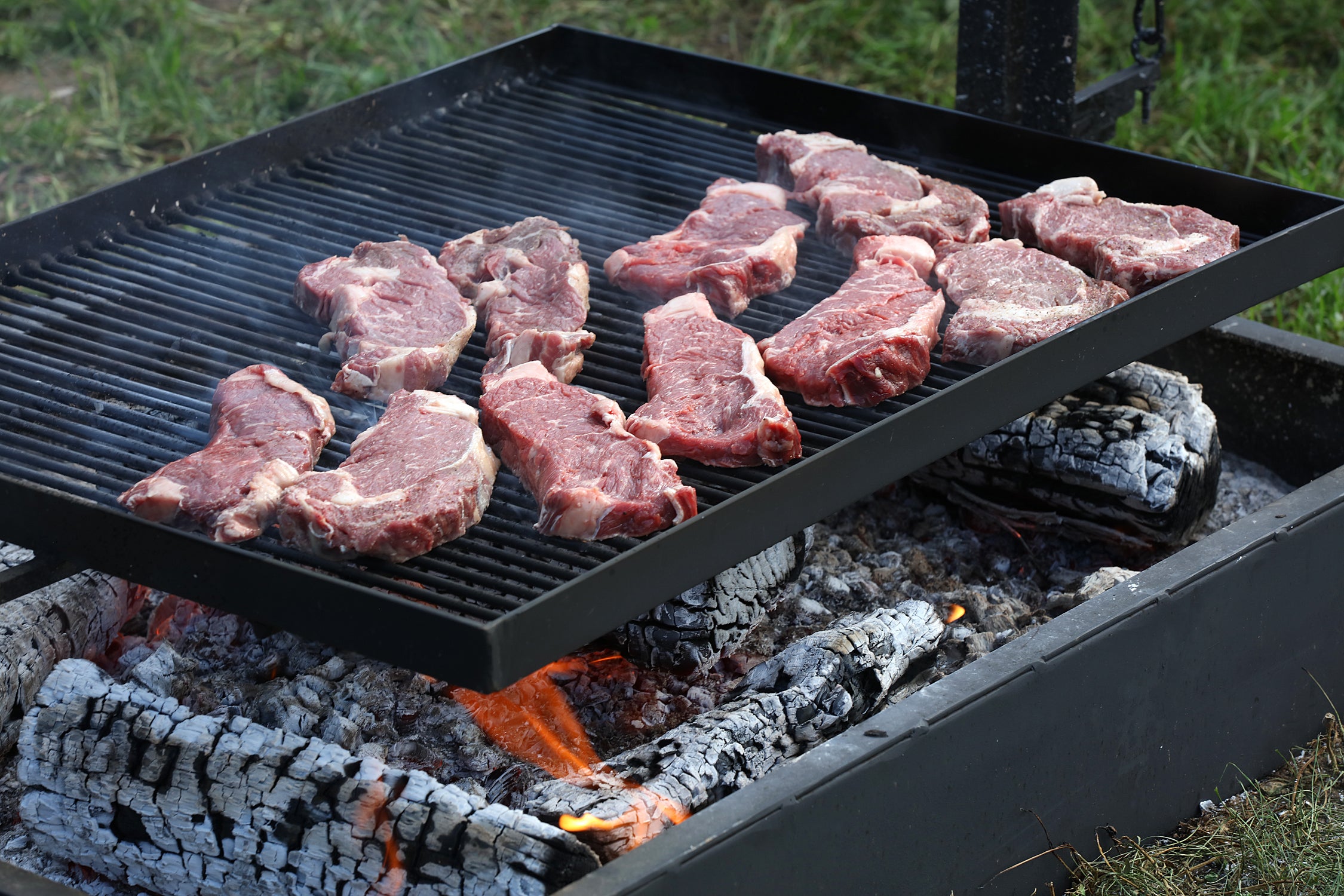We interviewed four MICHELIN-recognized Toronto restaurants and their purveyors to see how this honour has strengthened their relationships and reinforced the connection between the restaurants and the quality ingredients that define them.
Quality ingredients are integral to every delicious dish. For restaurants, access to exceptional ingredients is made possible from the network of artisans, farmers, and purveyors with whom they've cultivated lasting relationships that are rooted in trust, a shared commitment to quality, and often a mutual vision for sustainability and excellence.
Alma x Enright Cattle Company
Alma in Bloordale is known for its bold, comfort-focused cuisine shaped by chef-owner Anna Chen’s background, which combines her Hakka Chinese heritage and Indian upbringing with her training in Italian kitchens. The cozy neighbourhood space has earned a devoted local following for flavourful numbers like scallion bao with stracciatella cheese and pork wonton noodles dressed in black pepper-schmaltz sauce that all pair well with its thoughtful natural wine list.
Chen spent years sourcing quality local Ontario beef before partnering with Enright Cattle Company. She values their flexibility with specific requests and is glad to support a small family-run farm. “The entire flank steak plate is basically from them,” Chen says. “We even use their marrow bones for the beef bordelaise sauce.” With only a few cows processed weekly, availability is limited but Chen adapts her menu accordingly.
We spoke with Kara Enright, co-owner of Enright Cattle Company, a fourth-generation family farm in Tweed, Ontario about the naturally raised cattle she raises from birth to market weight, their ethical and sustainable practices, premium dry-aged beef and full-animal utilization.
I’ve had people literally sitting in a restaurant we supply, eating the beef, Googling “Enright Cattle Company,” and calling me from the dining room. It really helps local farmers when well-established restaurants promote your product – especially when they put the farm’s name on the menu or chalkboard.
Kara Enright, co-owner of Enright Cattle Company
Renée Suen: What distinguishes Enright from other producers?
Kara Enright: Our philosophy is to use as much of the animal as possible. As a small Ontario producer focused on sustainability and quality, we harvest about five animals weekly, so cuts are limited. We value restaurants that make non-prime cuts delicious. Tenderloins and strip loins are great, but there’s only so much per animal, so we need to ensure the rest is used just as well.
RS: Why do restaurants like Alma like working with you?
KE: I think they really value sourcing directly from the farmer. We’re in weekly contact via email, sharing what’s happening on the farm – how we raise the animals, what’s in season, and the challenges or opportunities we’re facing. It helps them understand how their food is raised and who’s raising it. They can easily ask questions or request custom cuts. That direct connection, consistent quality, and ability to customize are things they truly appreciate.
RS: Have you seen increased interest in your products from customers who have tried your beef at restaurants like Alma?
KE: I experience that quite a bit, both in the restaurant industry and with customers dining in. I’ve had people literally sitting in a restaurant we supply, eating the beef, Googling “Enright Cattle Company,” and calling me from the dining room. It really helps local farmers when well-established restaurants promote your product – especially when they put the farm’s name on the menu or chalkboard. That kind of visibility gives farmers brand recognition.





